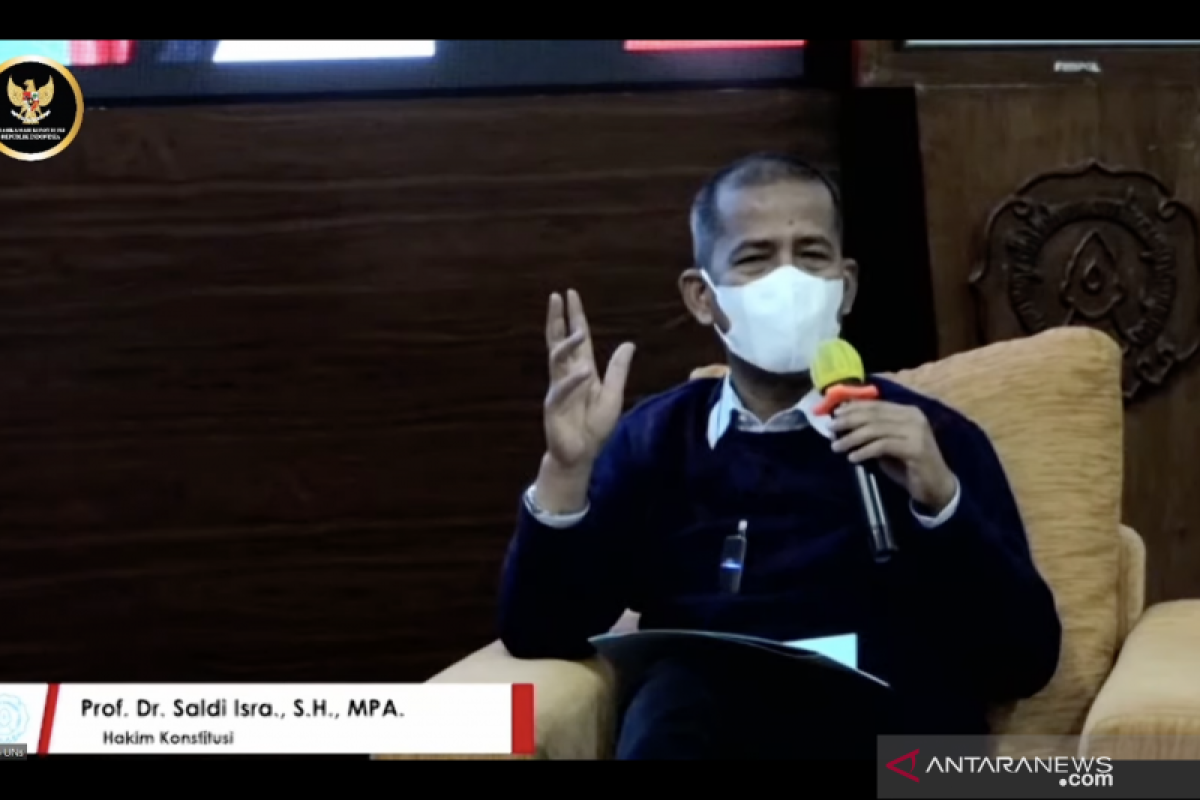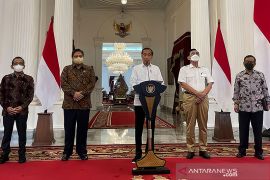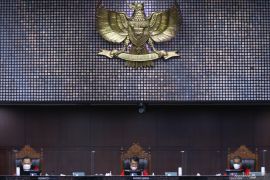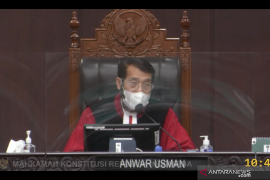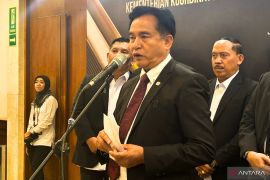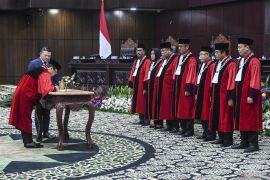There must be a transition process.Jakarta (ANTARA) - Constitutional Court's (MK's) decision to grant a two-year grace period to the government to amend the Omnibus Law on Job Creation rather than immediate revocation was based on several considerations, MK Justice Saldi Isra stated.
An immediate revocation of the law would have major implications on the country's legal system, Isra noted in his virtual lecture on Friday.
"The Constitutional Court has its own considerations. This should not be (revoked) at once. There must be a transition process. If people want to argue, go ahead," he remarked.
According to Isra, the Job Creation Law already has various derivative regulations as references in almost all elements of the society.
Isra noted that based on the Constitution, the process to formulate the job creation law was not based on the Law on Legislation, violated the principles of legislation, did not involve wide public participation, and the norms set jointly by the parliament and government had been changed in the law enactment stage.
Related news: Parliament should swiftly revise Job Creation Law after MK ruling
The government and House of Representatives would have to work hard to rectify the four flaws, he emphasized.
"We (the justices) hope that lawmakers, in this case, the government and the parliament, would read the Constitutional Court's verdict slowly. That is why we give them sufficient time," he stated.
On November 25, MK had ruled that the Job Creation Law was unconstitutional and ordered the government to amend parts of the controversial law within two years.
The law will remain effective until the government and legislators revise some parts of the law within the timeframe, Chief Justice Anwar Usman remarked.
If the changes are not made within two years, then the legislation would be deemed permanently unconstitutional.
Related news: Constitutional Court verdict is remedy for public protests: DPD RI
Translator: Putu I Savitri, Sri Haryati
Editor: Rahmad Nasution
Copyright © ANTARA 2021
